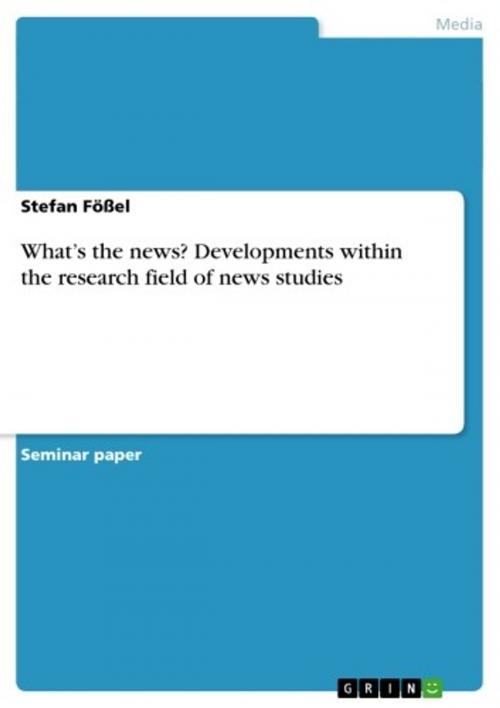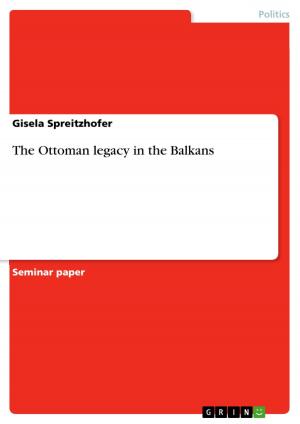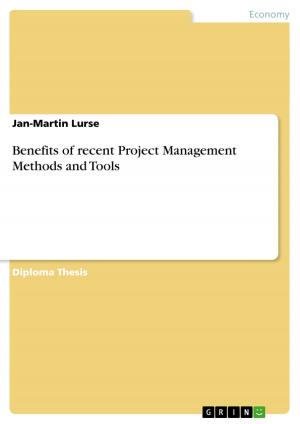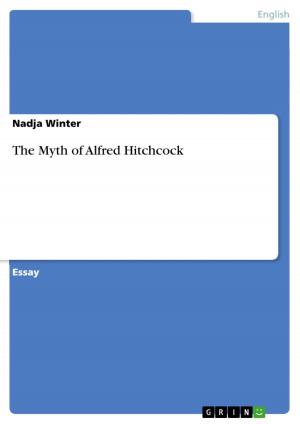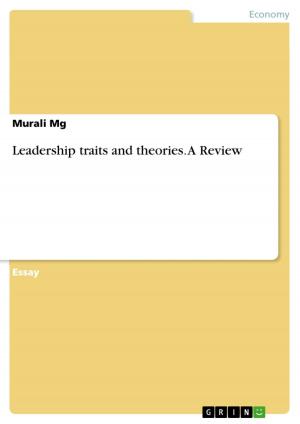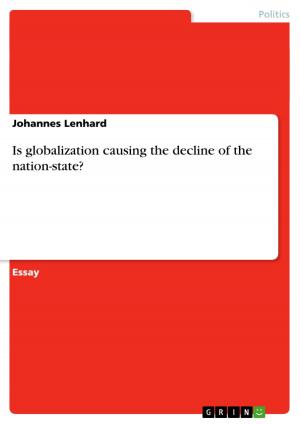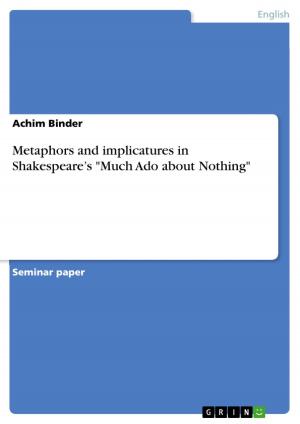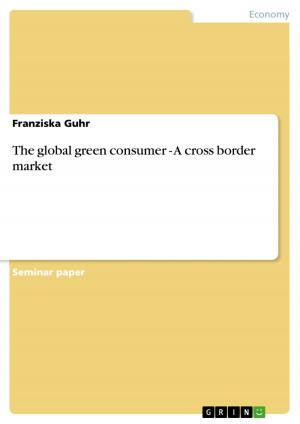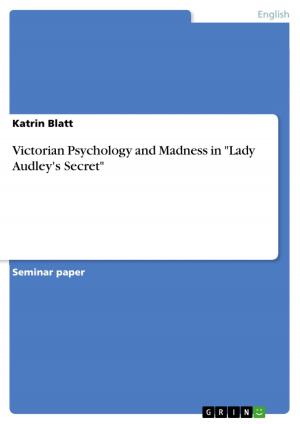What's the news? Developments within the research field of news studies
Nonfiction, Reference & Language, Language Arts, Journalism| Author: | Stefan Fößel | ISBN: | 9783638881647 |
| Publisher: | GRIN Publishing | Publication: | December 22, 2007 |
| Imprint: | GRIN Publishing | Language: | English |
| Author: | Stefan Fößel |
| ISBN: | 9783638881647 |
| Publisher: | GRIN Publishing |
| Publication: | December 22, 2007 |
| Imprint: | GRIN Publishing |
| Language: | English |
Seminar paper from the year 2006 in the subject Communications - Theories, Models, Terms and Definitions, grade: A, Malmö University (School of Arts and Communication), course: Media and culture studies as research field, 17 entries in the bibliography, language: English, abstract: What makes news? A question providing continuous stimulation to a special field of media research: the news studies. News studies form the part of media and culture studies dealing with news in mass media. They give attention to choice, composition and topics of news. Relating to Harold D. Lasswells renowned question 'Who says what in which channel to whom with what effect?' (Lasswell 1964: 93) defining the research fields of communication science, they are mostly about the 'what', the content, the product, the news. What kind of circumstances turn an event into news? What makes it valuable enough to be published? And what is the currency? The New York Times puts it since 1896 into the slogan 'All the news that fit to print'. But it's obviously not that simple to explain. Otherwise there wouldn't have been such intensive research and controversial discussions for so many years. News studies go back to the 1920s, when Walter Lippmann started researching origin, flow and value of news. Since then many models and theories have been developed. Nowadays news studies or news theories are collective terms for widespread models dealing with gatekeepers (the 'who' in Lasswells formula), news flow, news value, news composition, news bias, and agenda setting. This essay tries to sum up some of the most important theories concerning the choice of news, especially news value theories and gatekeeper studies. Voices being critical of the classic theories will also be mentioned. Of course a universally valid answer to the question 'What's the news?' cannot be given. But maybe some references.
Seminar paper from the year 2006 in the subject Communications - Theories, Models, Terms and Definitions, grade: A, Malmö University (School of Arts and Communication), course: Media and culture studies as research field, 17 entries in the bibliography, language: English, abstract: What makes news? A question providing continuous stimulation to a special field of media research: the news studies. News studies form the part of media and culture studies dealing with news in mass media. They give attention to choice, composition and topics of news. Relating to Harold D. Lasswells renowned question 'Who says what in which channel to whom with what effect?' (Lasswell 1964: 93) defining the research fields of communication science, they are mostly about the 'what', the content, the product, the news. What kind of circumstances turn an event into news? What makes it valuable enough to be published? And what is the currency? The New York Times puts it since 1896 into the slogan 'All the news that fit to print'. But it's obviously not that simple to explain. Otherwise there wouldn't have been such intensive research and controversial discussions for so many years. News studies go back to the 1920s, when Walter Lippmann started researching origin, flow and value of news. Since then many models and theories have been developed. Nowadays news studies or news theories are collective terms for widespread models dealing with gatekeepers (the 'who' in Lasswells formula), news flow, news value, news composition, news bias, and agenda setting. This essay tries to sum up some of the most important theories concerning the choice of news, especially news value theories and gatekeeper studies. Voices being critical of the classic theories will also be mentioned. Of course a universally valid answer to the question 'What's the news?' cannot be given. But maybe some references.
